
IEA sees big 1Q stock build despite deeper Opec+ cuts
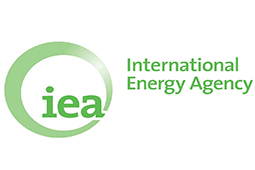
"Faced with potential oversupply in early 2020, Opec+ countries agreed to deepen existing cuts to 2.1mn b/d in the first quarter of 2020. This implies a reduction in supply of 500,000 b/d from current levels," the Paris-based energy watchdog said. But "despite the additional curbs and a reduction in our forecast of 2020 non-Opec supply growth to 2.1mn b/d [from 2.3mn b/d], global oil inventories could build by 700,000 b/d in the first quarter of 2020," it said.
The revision to the IEA's 2020 non-Opec supply growth forecast stems from a weaker outlook for production in the US, Brazil and Ghana, as well as an additional 130,000 b/d of cuts that were pledged last week by the non-Opec signatories to the Opec+ deal.
The IEA does not think the cuts will be deep enough to stem a large stock build in the early part of next year. "Even if [Opec+] adhere strictly to the cut, there is still likely to be a strong build in inventories during the first half of next year," it said.
The IEA calculates that Opec's production will average about 29.3mn b/d in January "based on full compliance and steady output from Libya, Iran and Venezuela". But "that is still 700,000 b/d above the first-quarter call on Opec crude and 1mn b/d above the second-quarter call", it said.
The IEA has left its global oil demand growth projections unchanged for this year and next, at 1mn b/d and 1.2mn b/d respectively. It sees total consumption at 100.2mn b/d in 2019 and 101.5mn b/d in 2020.
According to preliminary data, commercial inventories in OECD countries fell by 23.5mn bl in November, after being 2.9mn bl below the latest five-year average in October.
By Konstantin Rozhnov


Gold price eases after Trump downplays clash with Fed chair Powell

Copper price hits new record as tariff deadline looms
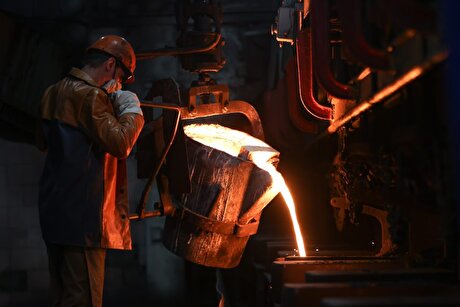
Brazil producers look to halt pig iron output as US tariff threat crimps demand
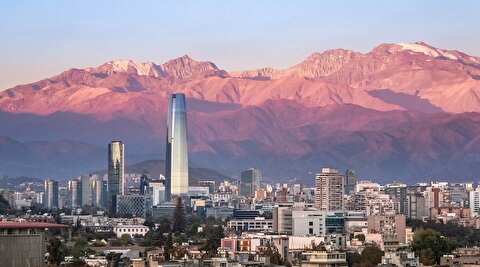
Chile’s 2025 vote puts mining sector’s future on the line

Gold price could hit $4,000 by year-end, says Fidelity
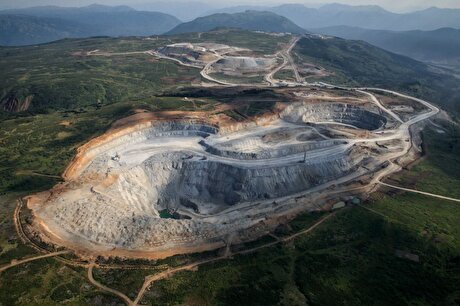
Three workers rescued after 60 hours trapped in Canada mine

US targets mine waste to boost local critical minerals supply
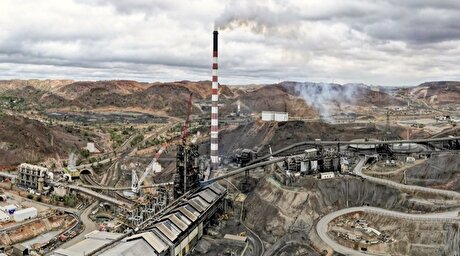
Glencore workers brace for layoffs on looming Mount Isa shutdown

Energy Fuels surges to 3-year high as it begins heavy rare earth production

Trump tariff surprise triggers implosion of massive copper trade

Maxus expands land holdings at Quarry antimony project in British Columbia

BHP, Vale accused of ‘cheating’ UK law firm out of $1.7 billion in fees

Southern Copper eyes $10.2B Mexico investment pending talks

American Tungsten gets site remediation plan approved for Ima mine in Idaho

Kinross divests entire 12% stake in Yukon-focused White Gold

Gold price could hit $4,000 by year-end, says Fidelity

Southern Copper expects turmoil from US-China trade war to hit copper

Ramaco Resources secures five year permit for Brook rare earth mine in Wyoming

Column: EU’s pledge for $250 billion of US energy imports is delusional

Trump tariff surprise triggers implosion of massive copper trade

Maxus expands land holdings at Quarry antimony project in British Columbia

BHP, Vale accused of ‘cheating’ UK law firm out of $1.7 billion in fees

Southern Copper eyes $10.2B Mexico investment pending talks

American Tungsten gets site remediation plan approved for Ima mine in Idaho

Kinross divests entire 12% stake in Yukon-focused White Gold

Gold price could hit $4,000 by year-end, says Fidelity

Southern Copper expects turmoil from US-China trade war to hit copper

Ramaco Resources secures five year permit for Brook rare earth mine in Wyoming














